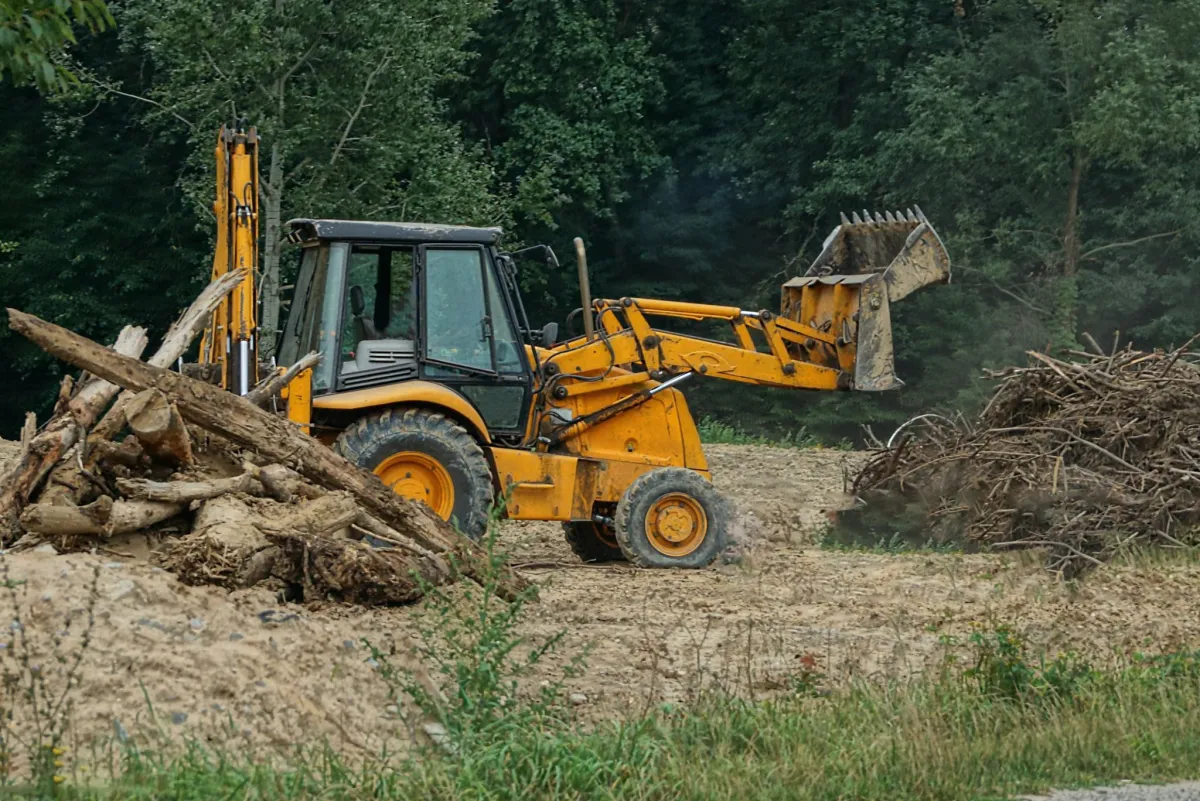Serving: Pierce, Kitsap, Mason and Thurston counties

Expert Land Clearing Services in Kitsap County, WA: Comprehensive Guide
Expert Land Clearing Services in Kitsap County, WA: Your Comprehensive Guide
Land clearing is a vital process for property development, agriculture, and environmental management. In Kitsap County, Washington, understanding the nuances of land clearing can help you make informed decisions, whether you’re preparing land for construction, agriculture, or simply improving the aesthetics of your property. This guide covers essential aspects of land clearing near Kitsap County, WA, including common questions and expert tips to ensure a smooth and effective process.
Why Land Clearing is Essential in Kitsap County
Land clearing is the process of removing vegetation, rocks, and debris from a plot of land to make it suitable for its intended use. In Kitsap County, with its lush forests and diverse landscapes, land clearing is particularly crucial for several reasons:
Construction Projects: Preparing a site for new buildings or infrastructure requires clearing away trees, shrubs, and stumps to create a stable foundation.
Agricultural Use: For farming and gardening, removing unwanted vegetation ensures that crops have the best possible start without competition for nutrients and water.
Fire Prevention: In forested areas, land clearing can help reduce the risk of wildfires by creating defensible spaces around properties.
Aesthetic Improvement: Clearing land can also enhance the visual appeal of a property by removing overgrown areas and creating open spaces.
Common Land Clearing Methods
Various methods are employed for land clearing, each suited to different needs and types of land. In Kitsap County, the most common techniques include:
Manual Clearing: This method involves using hand tools and equipment to remove vegetation and debris. It’s suitable for smaller areas or where precision is required.
Mechanical Clearing: Heavy machinery like bulldozers, excavators, and mulchers are used for larger areas. This method is efficient but can be disruptive to the soil and surrounding environment.
Chemical Clearing: Herbicides and other chemicals are applied to kill vegetation. This method is often used in combination with other techniques to prevent regrowth.
Burning: Controlled burning can be an effective way to clear land, especially in forested areas. However, it requires careful management to avoid uncontrolled fires.
Common Questions About Land Clearing in Kitsap County
1. What permits are required for land clearing in Kitsap County?
In Kitsap County, land clearing may require permits, especially if it involves significant vegetation removal or affects wetlands, streams, or critical habitats. It’s essential to check with the Kitsap County Department of Community Development for specific requirements related to your project.
2. How much does land clearing cost in Kitsap County?
The cost of land clearing varies depending on the size of the area, the type of vegetation, and the method used. On average, land clearing can range from $1,000 to $5,000 per acre. For a more accurate estimate, it’s best to consult local land clearing professionals who can provide a detailed quote based on your specific needs.
3. How long does the land clearing process take?
The duration of land clearing depends on several factors, including the size of the area, the density of vegetation, and the chosen method. Small to medium-sized projects can often be completed in a few days, while larger or more complex jobs may take several weeks. Planning and scheduling with a professional can help ensure the project stays on track.
4. What should I do with the debris after clearing?
Debris management is an important aspect of land clearing. Options for handling debris include:
Chipping: Wood and brush can be chipped into mulch or compost.
Disposal: Debris can be hauled away to a landfill or recycling facility.
Burning: In some cases, debris can be burned in a controlled manner, following local regulations.
Discussing disposal options with your land clearing contractor can help you choose the best solution for your project.
5. Will land clearing affect the local wildlife?
Land clearing can impact local wildlife, especially in areas with significant vegetation or near natural habitats. To minimize effects, consider the following:
Timing: Perform land clearing outside of critical breeding seasons for local wildlife.
Buffer Zones: Maintain buffer zones around sensitive areas like wetlands and riparian zones.
Replanting: Replanting native vegetation can help restore habitats and support local wildlife after clearing.
Tips for Successful Land Clearing
To ensure a successful land clearing project in Kitsap County, follow these expert tips:
Hire a Professional: Experienced land clearing contractors understand local regulations, soil types, and effective methods. They can also handle permits and ensure compliance with environmental standards.
Assess the Site: Conduct a thorough site assessment to identify any potential issues, such as protected species or critical habitats, before starting the clearing process.
Plan for Erosion Control: Land clearing can lead to soil erosion. Implement erosion control measures, such as silt fences or sediment basins, to protect nearby water bodies and prevent sediment runoff.
Communicate Your Goals: Clearly communicate your objectives with your contractor to ensure they understand your vision and can tailor their approach to meet your needs.
Consider Environmental Impact: Prioritize methods that minimize environmental impact and support long-term sustainability.
Conclusion
Land clearing in Kitsap County, Washington, is a crucial step in preparing your property for development, agriculture, or aesthetic improvements. By understanding the various methods, addressing common questions, and following expert tips, you can ensure a successful and efficient land clearing project. Whether you’re starting a new construction project or simply improving your property, careful planning and professional assistance can make all the difference.
